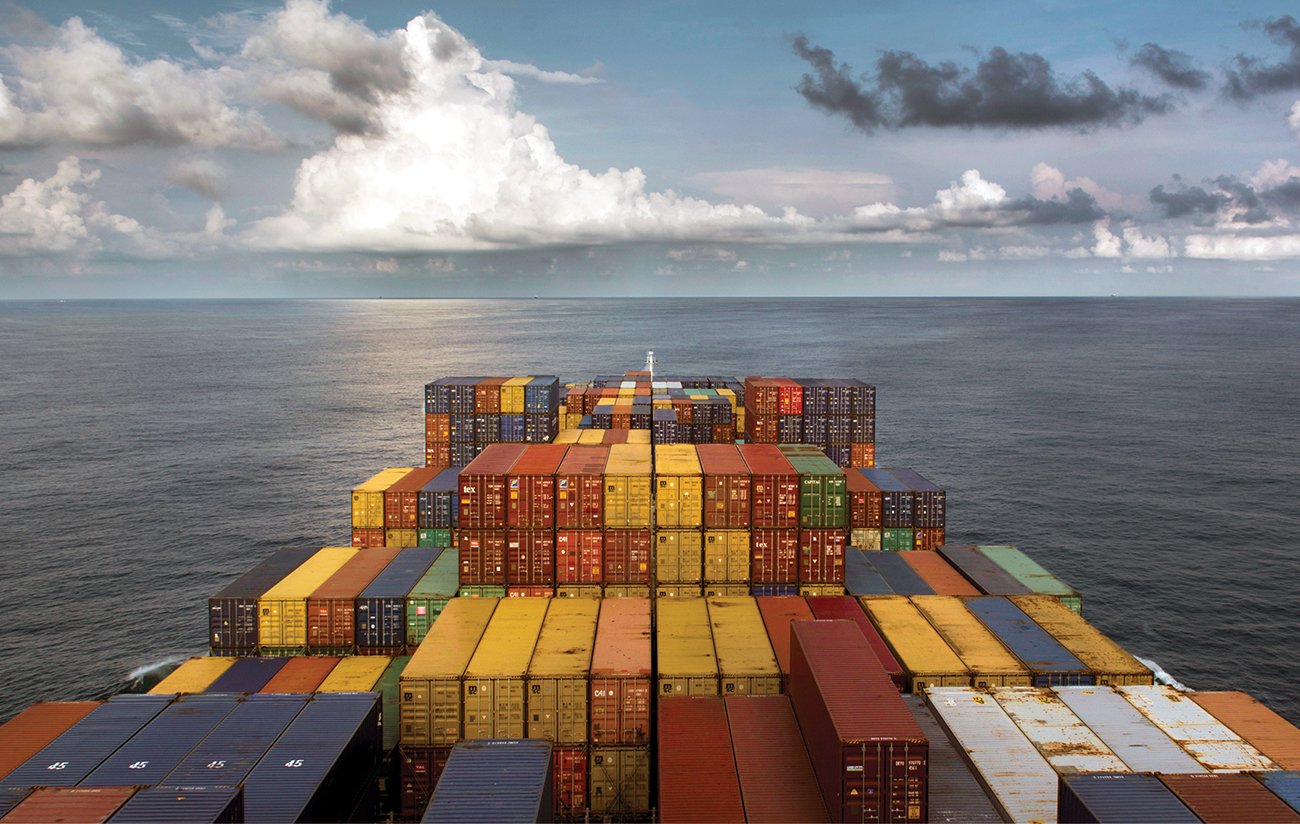 On April 18, 2023, the Department of Commerce’s Assistant Secretary
On April 18, 2023, the Department of Commerce’s Assistant Secretary
for Export Enforcement announced an updated policy regarding voluntary
self-disclosures (VSDs) related to export violations.1
What companies are impacted?
All US companies exporting goods, as well as non-US companies exporting/re-exporting/transferring goods subject to US jurisdiction are potentially impacted, with those exporting to sensitive locations (e.g., China, Russia) facing higher risk.
What are the key takeaways of the new policy?
- The policy seeks to disincentivize deliberate non-disclosure of VSDs related to “significant possible violations of the [Export Administration Regulations (EAR)].”2
- When a company deliberately chooses to not submit a VSD related to a significant violation of the EAR, the decision not to self-disclose will be considered an aggravating factor under the Bureau of Industry and Security (BIS) Settlement Guidelines.
- The policy memo re-emphasizes that, per BIS Settlement Guidelines, timely and comprehensive VSDs of non egregious violations will reduce the penalty amount to one-half of the transaction value, capped at a maximum base penalty of $125,000 per violation.
- The Department of Commerce also seeks to incentivize individuals and entities to report violations of the EAR to the authorities and identifies both administrative incentives as well as potential financial incentives for doing so.
What steps should companies take?
US Government policy regarding export controls and sanctions compliance has changed significantly in the past year, with recent acceleration in enforcement actions. All impacted companies should:
- Conduct/update risk assessment to better understand potential risks and business exposure.
- Assess and update export controls and sanctions compliance programs.
- Establish and/or update internal investigation and disclosure processes, as well as decision-making processes related to submission of VSDs to the US Government.
- When needed, engage counsel and advisors to conduct thorough investigations and remediations.
We invite you to reach out to any member of our Forensic Services Practice if you need assistance preserving evidence, conducting an internal investigation, or preparing a VSD submission. We can also support you in designing, developing, and implementing enhancements to your export controls and sanctions compliance programs.





